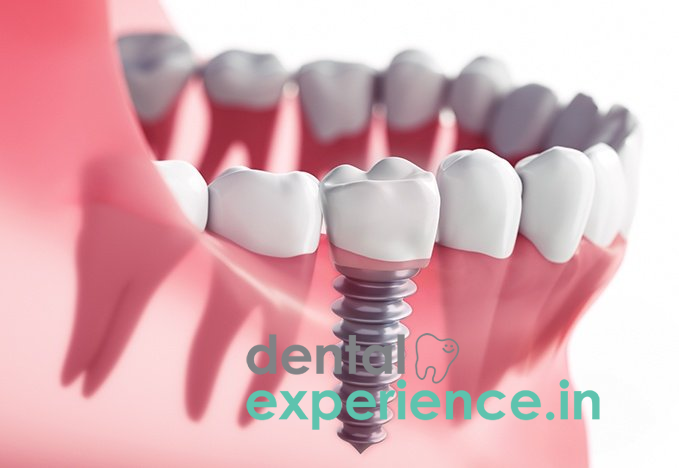You may have had a dental crown fitted in the past but what you may not know is whatever material they are made fr ..
Dental Implant
Introduction | Purpose | Ideal Patients | Types | Treatment Steps | Benefits | Advantages | Durability | Treatment Time | Cost | Risk & Complications | Disadvantages | Alternatives | Aftercare |
Fast facts

Transform Your Smile with Dental Implant Treatment in Kochi, Kerala
പല്ല് നഷ്ടപ്പെട്ട ഭാഗത്ത് സ്ഥിരമായി ഉറപ്പിക്കാവുന്ന രീതിയിലുള്ള അത്യാധുനിക ചികിത്സ. പല്ലുകൾ നഷ്ടമായ വർക്കും സ്ഥിരമായി ഉറപ്പിക്കാവുന്ന രീതിയിലുള്ള പല്ലുകൾ വച്ചു കൊടുക്കുന്നു
Are you looking for state-of-the-art Dental Implant Treatment in Kochi, Kerala? Your search ends here! Our expert dental team is dedicated to transforming smiles through cutting-edge dental implant solutions. Let's delve into what dental implant treatment involves, explore the types available, and discuss the advantages and considerations associated with getting dental implants.
What is Dental Implant Treatment?
Dental Implant Treatment is a sophisticated dental procedure designed to replace missing teeth with artificial tooth roots, providing a foundation for durable and natural-looking replacement teeth. Our skilled dental experts in Kochi, Kerala, are committed to delivering personalized and effective solutions for a confident and long-lasting smile.
Types of Dental Implant Treatment:
Endosteal Implants:
Placement:
Endosteal implants are surgically placed directly into the jawbone, providing a sturdy foundation for artificial teeth.
Material:
Typically made of titanium, a biocompatible material that integrates well with the natural bone.
Application:
This type of implant is commonly used for single tooth replacements or multiple teeth replacements through bridges or dentures.
Advantages:
Offers excellent stability and support for replacement teeth.
Mimics the natural tooth structure, providing a strong and reliable solution.
Suitable for patients with sufficient natural jawbone density.
Subperiosteal Implants:
Placement:
Subperiosteal implants are placed on or above the jawbone but beneath the gum tissue. A metal framework is positioned on the bone with posts protruding through the gum to hold the artificial teeth.
Material:
Similar to endosteal implants, the framework is commonly made of titanium.
Application:
Ideal for patients with insufficient natural jawbone density, as it doesn't require as much bone support as endosteal implants.
Advantages:
Suitable for patients who may not be candidates for traditional endosteal implants due to bone loss.
Can support replacement teeth effectively without the need for extensive bone grafting procedures.
Offers a viable option for individuals with anatomical considerations.
All-on-4 Implants:
Utilizes four strategically placed implants to support a full arch of teeth.
Offers a comprehensive solution for complete tooth loss.
Visit our clinic in Ernakulam, Kochi, Kerala, India, and discover the transformative power of dental implant treatment with our skilled dental experts. We are dedicated to providing personalized care, ensuring you receive the best possible solution for your unique dental needs. Contact us today to schedule your consultation and embark on the journey towards a confident and enduring smile!
